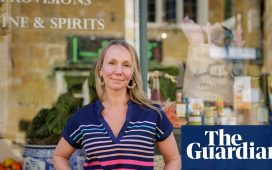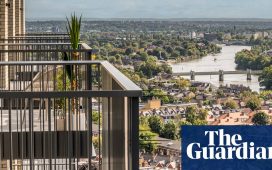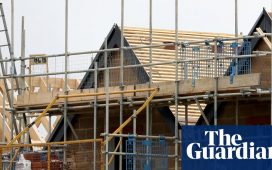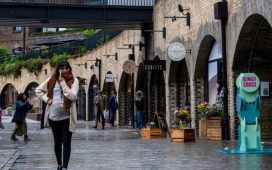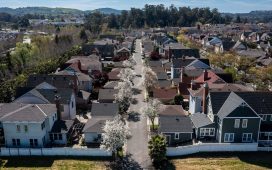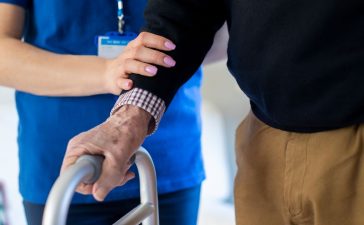Keir Starmer came to power promising national renewal in the Labour party manifesto, which would come about by the “rebuilding of our country, so that it once again serves the interests of working people”.
Starmer could have hardly dreamed of such a comfortable landslide victory, but even with it there may still be pushback against his pledges from members of his own frontbench.
On the issue of housing, several members of Starmer’s cabinet have expressed views that do not quite align with his plans, and between them they have been involved in stopping the construction of thousands of homes around the country.
Could this impede the new prime minister’s ambitions to build the 1.5m homes promised in the manifesto? Here we look at some of his closest allies who have shown moments of nimbyism.
-
1. Angela Rayner, secretary of state for housing, communities and local government

In 2017 Angela Rayner turned out to support those protesting against housebuilding plans for Ashton Hurst in her constituency. Photograph: Angela Rayner/Facebook The deputy prime minister, Angela Rayner, who assumed the responsibility of housing and local government upon Labour’s victory last month, has made clear her intentions to build the 1.5m new homes that Labour has promised.
Despite this, she has also previously opposed building on green belts, something that Labour will probably have to do to fulfil its promises. In 2019, she released a statement against a proposal to build 132 homes on the site of a former primary school and in 2017 she marched with residents of Ashton Hurst, Greater Manchester, as they protested against plans to develop homes on green belt land.
-
2. Rachel Reeves, chancellor of the exchequer
Rachel Reeves, the first ever female chancellor, has been probably the biggest proponent of the need to build homes on green belt land aside from Starmer himself. Despite this, she has spoken out in the past against housing development in her constituency of Leeds West and Pudsey.
In 2019, she opposed the construction of more than 60 council homes on a disused field on the city’s west side. A lengthy public debate ended in 2022 when Leeds city council’s decision to grant the planning permissions was deemed unlawful.
-
3. Yvette Cooper, home secretary
Yvette Cooper, a former leadership candidate, was made home secretary by Starmer. Though she had previously pledged to build 500,000 homes during her unsuccessful 2015 leadership campaign, Cooper has also opposed housing plans around West Yorkshire, where her constituency is.
Most recently she backed campaigners who opposed a proposal to build more than 400 new homes, including retirement homes, in Wakefield. Reportedly, one of Cooper’s reasons for being against the plans was that the building of the homes would negatively affect the “village status” of the area.
-
4. Wes Streeting, secretary of state for health and social care
Wes Streeting has spoken positively about recent developments in housing, but back in 2017 was part of a campaign that successfully prevented the building of 850 new homes on a series of playing fields in his Ilford constituency.
Since becoming a minister, Streeting has also reportedly cast doubts on the feasibility of building the previously planned 40 new hospitals by 2030, citing a lack of faith that the deadline can be met.
-
5. Pat McFadden, chancellor of the duchy of Lancaster
Pat McFadden, the MP for Wolverhampton South East and the new chancellor of the duchy of Lancaster, has in the past opposed a variety of housing builds in his West Midlands constituency, including a proposal to build 40 new homes in the town of Bilston.
Pat McFadden in a video from 2021. He also backed the Boris Johnson-endorsed campaign to prevent the development of up to 1,300 new homes in the countryside surrounding the city, saying Wolverhampton “should not be forced to choose between the new housing that we need and the green spaces that we love”.

